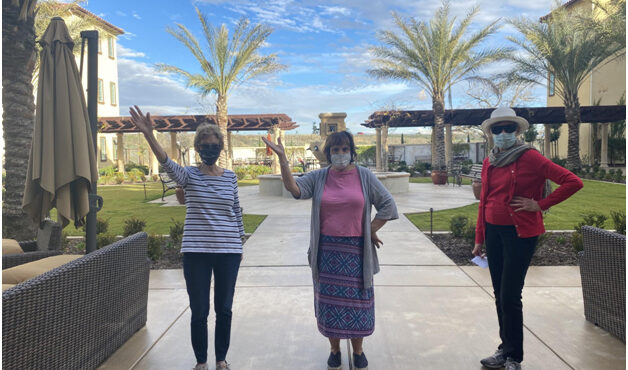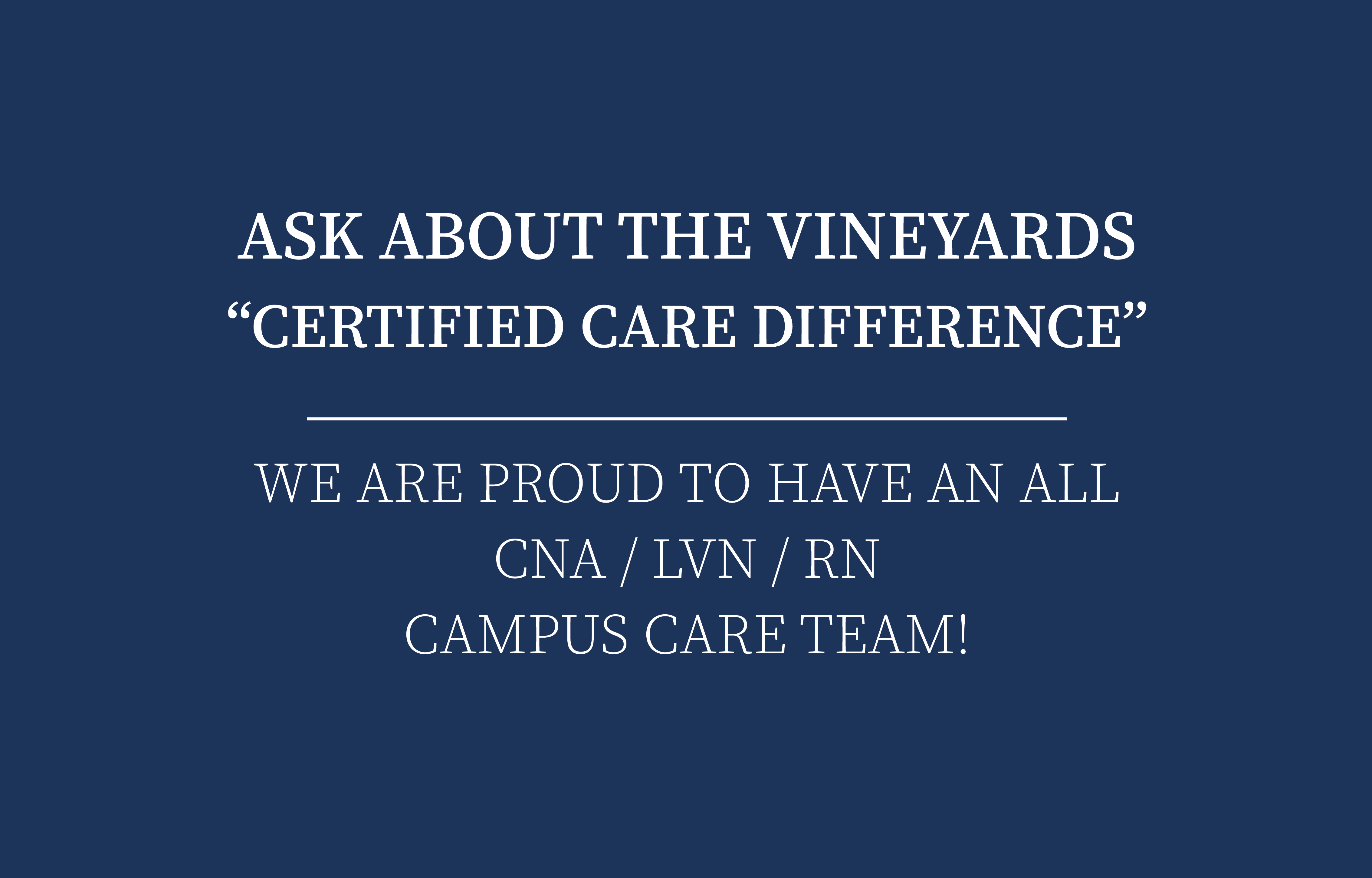
Hydration
“Mom, did you drink enough water today?”
“Yes.”
“Really, are you sure?”
“Well, I don’t want to be a bother and have to stop while we are out driving.”
“Dad, did you drink enough water with your medication today?”
“Yes. I had a cup of coffee.”
Sound familiar?
Staying hydrated is important for all ages but crucial for seniors. Water may not be the fountain of youth but it can be the fountain of wellbeing, especially during this hot month.
Summer weather signals the importance of staying hydrated and to prevent heat-related illnesses – especially for senior citizens. Clinical dehydration is one of the most common causes of hospitalization among persons over the age of 65. Increasing the intake of fluids can prevent this.
Why are seniors more apt to be dehydrated?
*Lack of awareness of hydration needs.
*Illness increased water loss – fever, diarrhea, vomiting.
*Loss of mental clarity and attentiveness to self-care with aging.
*Decline of thirst sensation with age.
*Fear of embarrassment and inconvenience due to urinary incontinence.
Thirst cannot be trusted to be an accurate indicator of the body’s need, especially among seniors. A few swallows of a favorite beverage can easily quench thirst temporarily.
How much water should you drink each day?
It’s a simple question and we have all seen a variety of answers. Studies have produced varying recommendations over the years, but in truth, your water needs depend on many factors, including your health, how active you are, and were your age.
Although no single formula fits everyone, knowing more about your body’s need for fluids will help you estimate how much water to drink each day. General recommendations are approximately 9 to 11 cups of total water from all beverages and food a day for women and 13 to 16 cups a day for men.
As we age, the already unreliable thirst sense gets even less sensitive. Senior citizens cannot trust their sense of thirst to tell them when their bodies need water. For this reason, seniors must be vigilant to assure adequate hydration throughout the day.
Seniors frequently take prescription drugs, as well as nutritional supplements, to support their health and maintain vitality. When taking pills, don’t just swallow enough water to get those pills down the esophagus. Be sure to drink at least 8 ounces of water with these products. Check with your medical professional for more detailed guidance.
It’s also important to remember that water needs vary from day today.
Both beverages and food supply water. Common sense tells us that certain foods contain more water.
Have you heard of Chia Seeds?
These tiny seeds of the salvia hispanical plant are hydrophilic (attracted to water) so they aid in keeping the digestive system hydrated as well. Mixing a scoop of chia seeds into a big glass or bottle of water with a few squeezes of lemon is a refreshing way to keep hydrated. even when we are running around town on appointments or errands.
Other hydrophilic foods include okra, apples, pears, celery, baked potato with the skin, broccoli, Figs, apricots, dates, and all those delicious berries.


